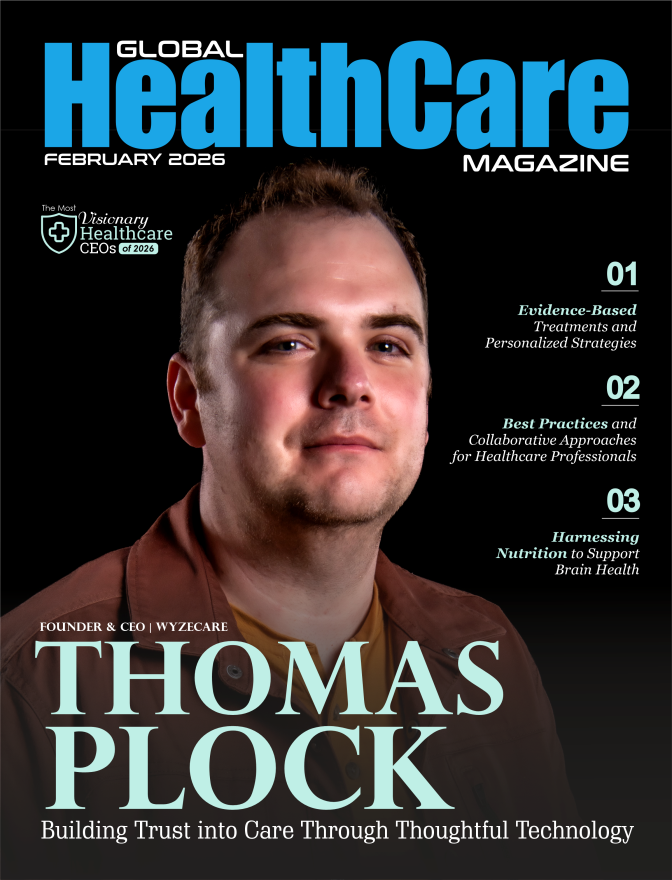The mRNA vaccines tarnished narrative has taken center stage in U.S. healthcare policy headlines, fueled by a stunning shift under the Trump administration. Once a celebrated triumph of American innovation during the COVID-19 pandemic, mRNA vaccine technology is now under political fire—facing canceled contracts, waning federal support, and proposed state-level bans.
This reversal not only upends years of scientific progress but also raises pressing concerns about the nation’s preparedness for the next pandemic. Behind the curtain of political maneuvering lies a deeper question: Is the U.S. walking away from the very tools that made it a global biotech leader?
From “Gold Standard” to Government Skepticism
During the peak of the COVID-19 crisis, mRNA vaccines, developed rapidly through “Operation Warp Speed,” were hailed as revolutionary. Former President Trump himself labeled them the “gold standard,” boasting about their swift rollout and life-saving efficacy.
But by mid-2025, the same administration made a 180-degree turn. Guided by Health and Human Services Secretary Robert F. Kennedy Jr., a prominent vaccine skeptic, the Trump administration began casting doubt on the very science it once championed.
In a major policy pivot, $766 million in government contracts with Moderna—meant for developing a bird flu (H5N1) mRNA vaccine—were abruptly canceled. The administration cited vague “safety concerns” and claimed the technology was “under-tested,” despite decades of underlying research and real-world evidence from over a billion administered doses.
Legislative Shockwaves: States Move to “Ban mRNA Shots”
The damage didn’t stop at federal funding cuts. Emboldened by the administration’s new stance, Republican lawmakers in at least seven states have introduced bills to restrict or outright ban the use of mRNA vaccines. Some even proposed criminal penalties for healthcare providers administering them.
In Congress, a push to revoke federal approval of mRNA-based COVID-19 vaccines has gained traction—an extraordinary move considering these vaccines were once promoted as a signature achievement of Trump’s pandemic response.
The message is clear: the mRNA vaccine landscape in America has shifted from scientific innovation to a political battleground.
Scientific Community Responds: “This Is a Dangerous Precedent”
Public health leaders and scientific experts are sounding alarms. Dr. Peter Marks, who recently resigned as the nation’s top vaccine adviser, called the move “an unprecedented assault on scientific truth.” Health security officials warn that undermining mRNA research weakens the nation’s ability to rapidly respond to future pandemics.
mRNA technology was never just about COVID-19. It holds promise for vaccines against cancer, HIV, Zika, and rapidly mutating viruses like bird flu. The U.S. government’s sudden pivot away from this platform could leave the country unprepared—and reliant on foreign supply chains—in the face of the next global health crisis.
Kennedy’s Influence: From Fringe to Federal Policy
At the heart of this shift is Robert F. Kennedy Jr., whose controversial views on vaccines have long been at odds with mainstream science. Now, as HHS Secretary, Kennedy has transformed his skepticism into national policy.
He publicly claimed that the mRNA platform is “under-tested” and accused previous administrations of “concealing legitimate safety concerns.” These assertions, though widely discredited by the global scientific community, have stoked public fear and provided political ammunition for those seeking to dismantle federal vaccine programs.
His influence has extended to regulatory processes too, calling for placebo-based trials for new vaccines, which critics argue could slow innovation and delay lifesaving treatments.
Pandemic Preparedness Dismantled
The Trump administration’s broader pandemic preparedness strategy appears to be unraveling. In addition to mRNA funding cuts, over $11.4 billion in COVID-related grants have been rescinded. Resources have been reallocated to outdated vaccine platforms—some of which had already been abandoned by leading researchers.
The administration’s actions also hollowed out federal health agencies, prompting resignations from top scientific officials and biosecurity experts. Insiders fear that America’s ability to launch a fast and coordinated vaccine response in a future pandemic is now deeply compromised.
The Economic Fallout: Innovation on Pause
The business implications are as alarming as the public health risks. Biotech firms and pharma giants like Moderna are now re-evaluating U.S.-based investments, wary of regulatory instability and the erosion of government support.
Analysts say the message sent to the private sector is chilling: political winds—not scientific rigor—now guide public health funding. If this trend continues, the U.S. may lose its competitive edge in next-gen vaccine development, opening the door for Europe or Asia to lead the biotech race.
What Lies Ahead?
The story of mRNA vaccines tarnished is more than a tale of political backtracking—it’s a cautionary narrative about how science, when politicized, can lose both its public trust and strategic priority.
Experts urge a return to evidence-based policy and bipartisan support for biomedical innovation. The stakes are high: the next pandemic is not a question of if, but when. And the tools we choose—or abandon—today will determine whether the U.S. leads or lags in the battle to come.
Bottom Line: The Trump administration’s reversal on mRNA vaccines has stirred controversy, sown public doubt, and jeopardized America’s pandemic readiness. As public health experts call for renewed investment and clarity, one truth remains: politicizing science in the name of power may cost lives tomorrow.













